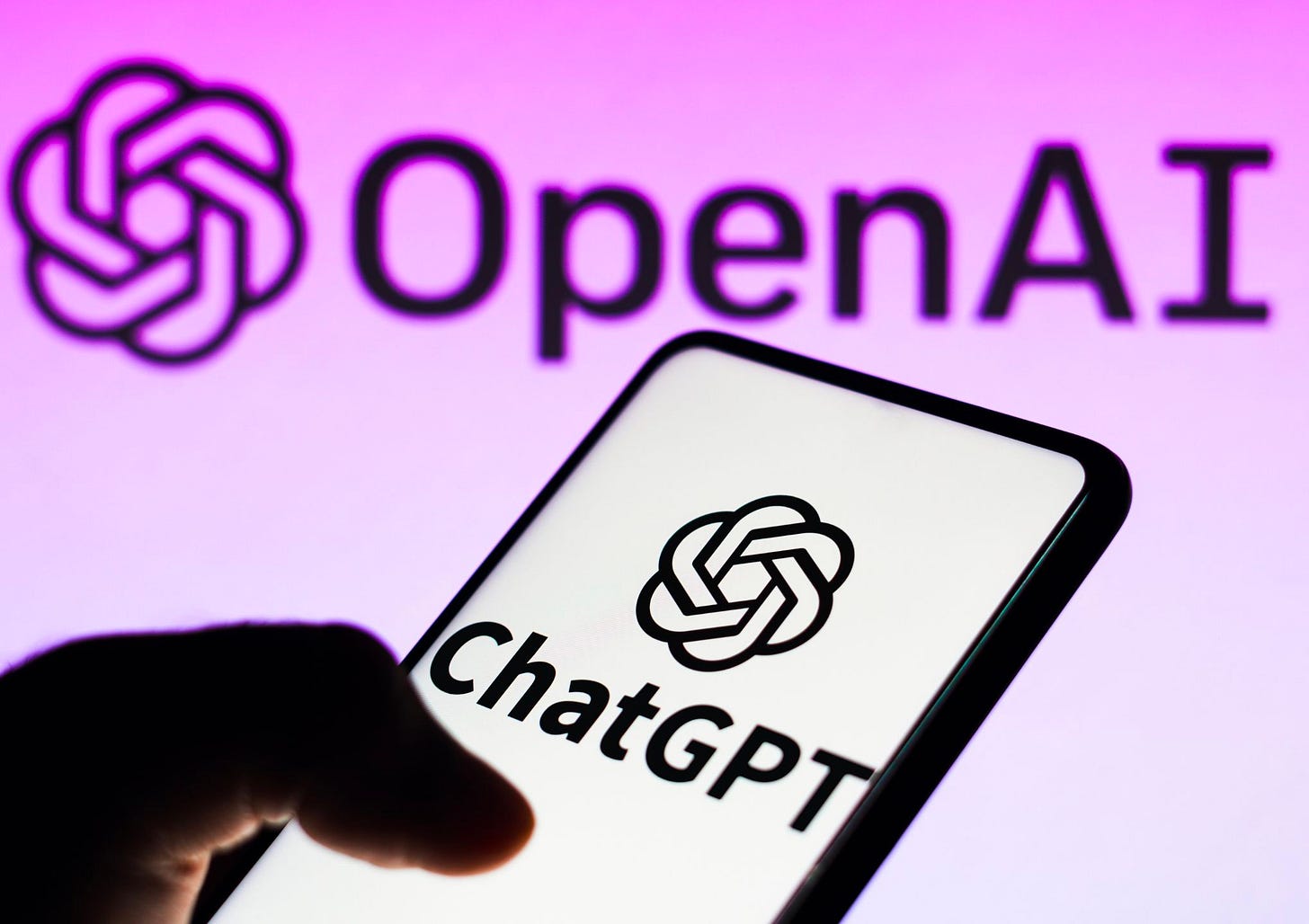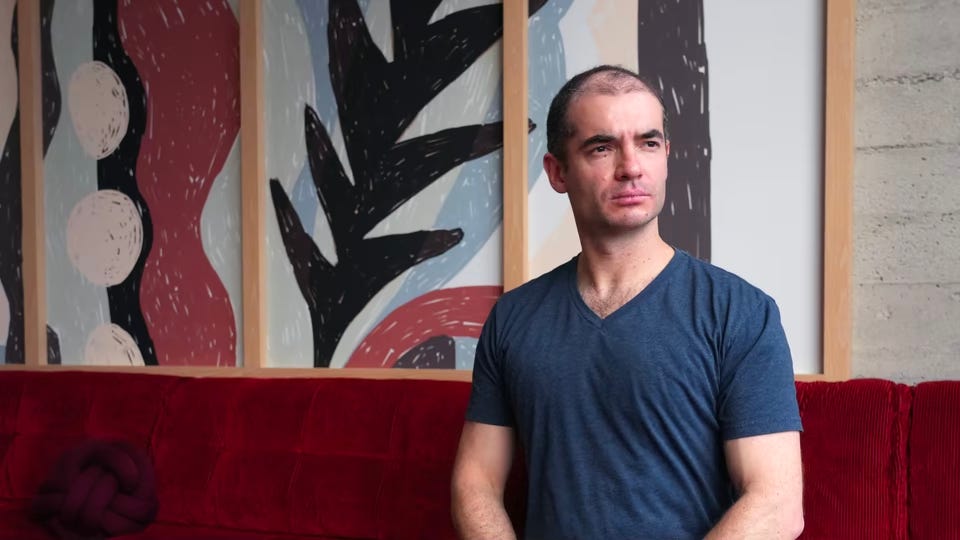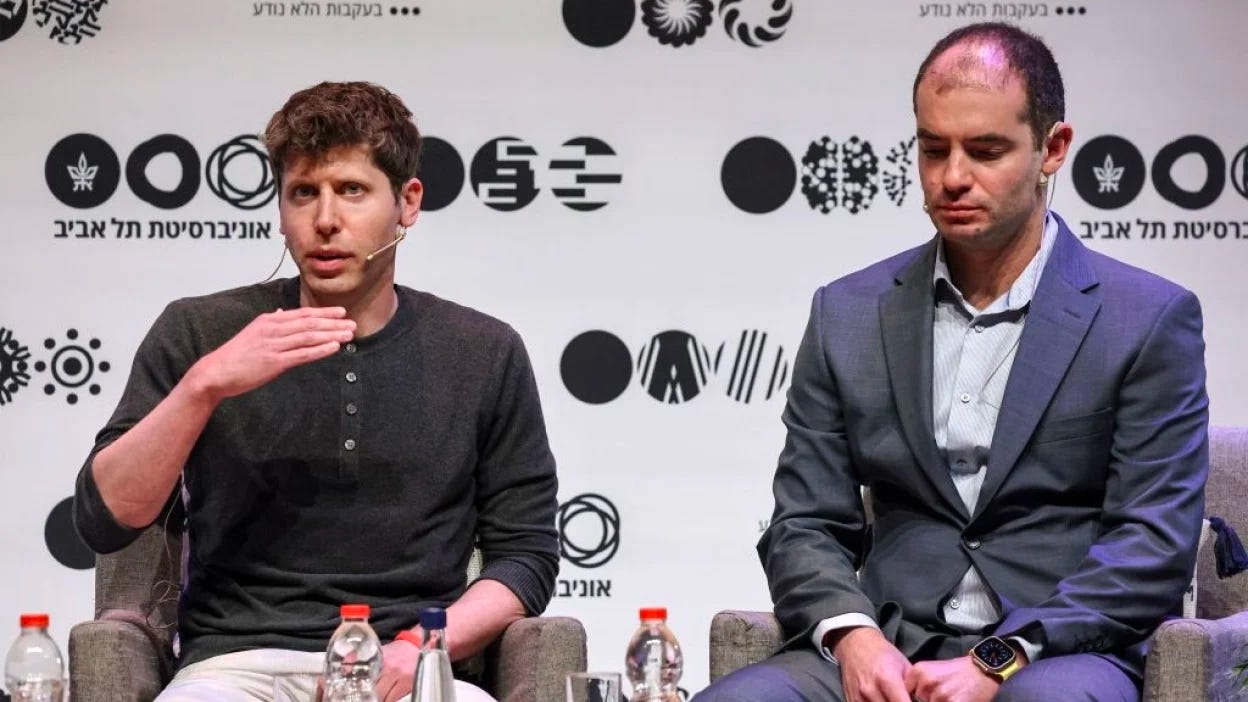OpenAI: Mission Clashes With Money as Power Struggles Shape AI’s Future
OpenAI, the renowned lab behind viral chatbot ChatGPT, has faced recent leadership drama exposing internal tensions over the company’s path forward. Originally founded as a nonprofit focused on developing AI safely for the benefit of humanity, OpenAI has rapidly transformed into a race for profit and influence.
Last week, OpenAI’s board suddenly fired well-known CEO Sam Altman, vaguely claiming issues with his communication transparency. This raised many questions about power struggles behind the scenes. President Greg Brockman also resigned from the board in protest, signaling deeper disagreements.
Interviews with current and past OpenAI staff reveal growing strains between OpenAI’s early research-focused vision and its breakneck commercial expansion over the past year. ChatGPT’s immense popularity as a conversational AI, along with quick launches of new products afterwards, put great stress on OpenAI as both a nonprofit and for-profit hybrid entity.
While Altman and other executives pushed ambitious money-making efforts, Chief Scientist Ilya Sutskever reportedly became worried about advanced AI’s risks and doubted if OpenAI still followed its founding mission to develop technology prudently for shared benefit.
His eccentric conduct as a “spiritual leader” cheering progress towards advanced “Artificial General Intelligence” (AGI), including group chanting and burning symbolic effigies, highlights rising tensions with Altman’s growth plans.
Experts struggling to restrict AI-related harms felt sidelined by demands to rapidly scale products. Vital systems like user traffic monitoring repeatedly failed from the strain. Staff burnout and communication problems ensued, reflecting larger cultural differences between OpenAI’s research and business divisions.
Influenced by figures like Sutskever more cautious of uncontrolled AI progress, OpenAI’s board ultimately curtailed Altman for morphing OpenAI into a more mainstream technology startup prioritizing profits. Yet after firing Altman, they considered re-instating him given threats of staff resignations. Talks ensued until Microsoft offered Altman and Brockman roles leading a new AI research group, risking loss of top talent.
Insiders describe rising concern over OpenAI’s advances outpacing efforts to ensure safety and alignment with human values, in a hurried chase to profit from generative AI hype. They feared core principles being discarded. OpenAI products’ wide deployment may have provoked enough worry about unpredictable AI impacts that erratic power shuffles followed to change direction.
Yet Altman himself avidly supported pursuing advanced AGI as OpenAI’s goal, confusing internal rifts. His removal signifies intensifying debate on balancing business success with managing technology risks amidst AI’s expanding real-world integration. For smaller AI firms like Anthropic following OpenAI’s model, financial motives may now clearly override collective welfare despite automation concerns.
Moreover, OpenAI’s situation highlights AI development’s overall lack of transparency, given Big Tech and investors’ concentrated influence. A limited elite circle of players shapes future technologies, often guided by beliefs not fully representing wider impacted groups. If top OpenAI experts leave for Microsoft, democratic oversight of AI trajectory strains against corporate control and insider interests.
OpenAI’s path forward remains unclear amidst ongoing leadership changes. New appointed CEO Emmett Shear inherits huge expectations from ChatGPT mania alongside damaged work culture. Resolving tensions between promoters of growth versus restraint on AI won’t get easier anytime soon, especially if Microsoft poaches OpenAI’s top minds.
Ultimately, OpenAI’s drama sounds alarm on conflicting values directing society’s integration with transformational AI systems. As priorities feel fiercely contested even on the industry’s frontlines, public vigilance to guide tech for good must increase before outcomes irreversibly accelerate. More diverse stakeholder voices deserve inclusion to spark collective action ensuring equitable innovation. OpenAI’s turmoil leaves no doubt that AI’s full impacts stretch far beyond any single company’s boundaries.




